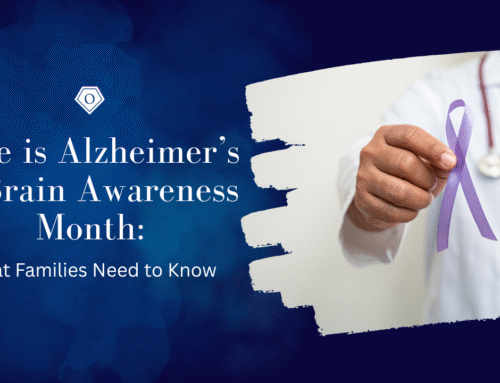If you grew up in the south, your Grandma might have told you that local honey was a way to combat allergies.
While there is nothing wrong with many natural tips, including sweetening your tea with honey, we recommend looking to the experts for sure-fire ways to stop the sniffles.
Facts for Fighting Allergies:
- Nasal Irrigation
- “Ronald Saff, M.D., a board-certified allergist and assistant clinical professor of medicine at the Florida State University College of Medicine, recommends getting started with a drugstore kit. These include a squirt bottle or a teapot-shaped vessel, which you’ll fill with preboiled or distilled water and mix with premeasured salt packets (also included) to form a saline solution. Done properly, side effects are rare, and relief is instant.” AARP
- Nasal Sprays
- “A 2008 joint task force of allergy and immunology experts in the United States ranked intranasal corticosteroids as the ‘most effective medication’ for controlling the symptoms of allergic rhinitis.” AARP
- OTC Meds
- “If you’re worried about drowsiness as a side effect, look for ‘second-generation’ antihistamines (like cetirizine, fexofenadine, or loratadine). As with nasal sprays, starting the medicine before you expect symptoms is ideal.” AARP
- Lifestyle Changes
- “Allergy Foundation of America recommends keeping doors and windows closed during allergy season, limiting outdoor activity when pollen counts are highest (maps on Pollen.com or from the American Academy of Allergy, Asthma & Immunology can help you track local levels) and changing out of and washing clothes worn during outdoor activities.” AARP
Myths for Fighting Allergies:
- Honey
- “Claims that the pollen in local honey helps inoculate allergy sufferers are, unfortunately, false, says Janna Tuck, M.D., an allergist and spokesperson for the American College of Allergy, Asthma & Immunology.” AARP
- Probiotics
- “Janna Tuck, M.D., an allergist and spokesperson for the American College of Allergy, Asthma & Immunology has also seen a rise in probiotic supplements aimed at allergy sufferers. While there is a relationship between the gut and the immune system, Tuck says more research is needed to develop a targeted probiotic treatment for allergies.” AARP
- Acupuncture
- “While some studies have demonstrated a benefit, others have attributed acupuncture’s success to the placebo effect.” AARP
Keep your tea sweet (unless your diabetic) and your nose irrigated this spring! Regular checkups with your family physician can help you stay up to date on new allergy treatments that align with your medical needs. Never ignore symptoms, while you may think they are allergies your doctor might identify a larger issue.
We always recommend checking in with your doctor when you feel under the weather. No issue is too small! Advocate for yourself and make it clear what does or does not work for you when speaking with your physician.






